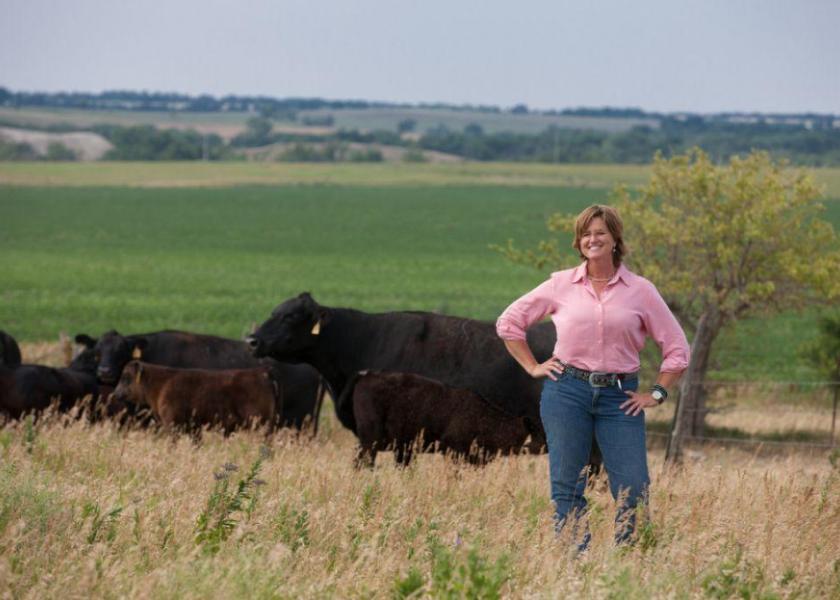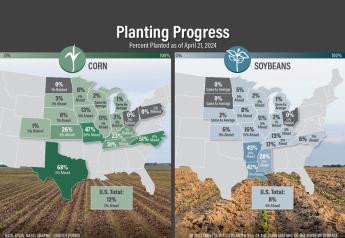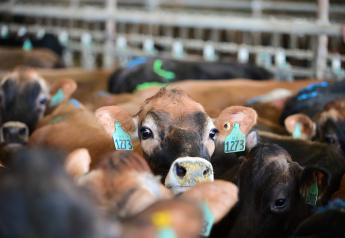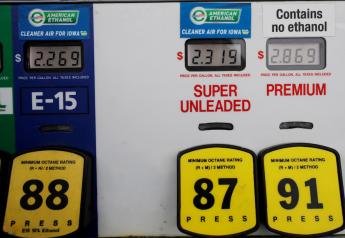Lyons-Blythe Testifies On Beef Cattle Emissions

Testifying on behalf of the National Cattlemen's Beef Association, Kansas cattle producer Debbie Lyons-Blythe delivered a clear message at a U.S. Senate Agriculture Committee hearing on climate change.
“The U.S. cattle industry is proud of its history as stewards of our nation’s natural resources,” Lyons-Blythe testified at the Committee’s hearing on Climate Change and the Agricultural Sector. “The industry takes very seriously its obligation to protect the environment while providing the nation with a safe and affordable beef supply. Cattle producers are America’s original conservationists, and we work hard every day to ensure that we can pass our operations on to the next generation.”
Lyons-Blythe, who helps run Blythe Family Farms in the Flint Hills of Kansas, also pushed back against claims that beef cattle production in the United States is responsible for a disproportionate or even significant percentage of greenhouse gas emissions.
“The beef cattle industry has a great story to tell in the climate conversation and the facts support that,” Lyons-Blythe testified. “According to the Environmental Protection Agency, direct emissions from beef cattle represent two percent of all greenhouse gas emissions in the country. A recent study published by the U.S. Department of Agriculture found that emissions from cattle ‘were not a significant contributor to long-term global warming.”
Lyons-Blythe also highlighted her work as a board member with the U.S. Roundtable for Sustainable Beef, which recently released its landmark U.S. Beef Industry Sustainability Framework and encourages operations all along the beef value chain to measure key environmental metrics like water resources, air and greenhouse gas emissions, and land resources.
“The Roundtable is an example of ranchers leading the way on conservation,” Lyons-Blythe said. “Cattle ranchers took the initiative to identify their unique footprint in beef sustainability, demonstrating their positive contributions to landscapes, wildlife populations, rural communities, our nation’s economy, and a global food supply. But we also reflected on opportunities where we can improve. It demonstrates our commitment to doing right by the land, responsibly raising animals, caring for the people who raise beef, and making money to support our families and the next generation of beef producers.”
Related stories:







